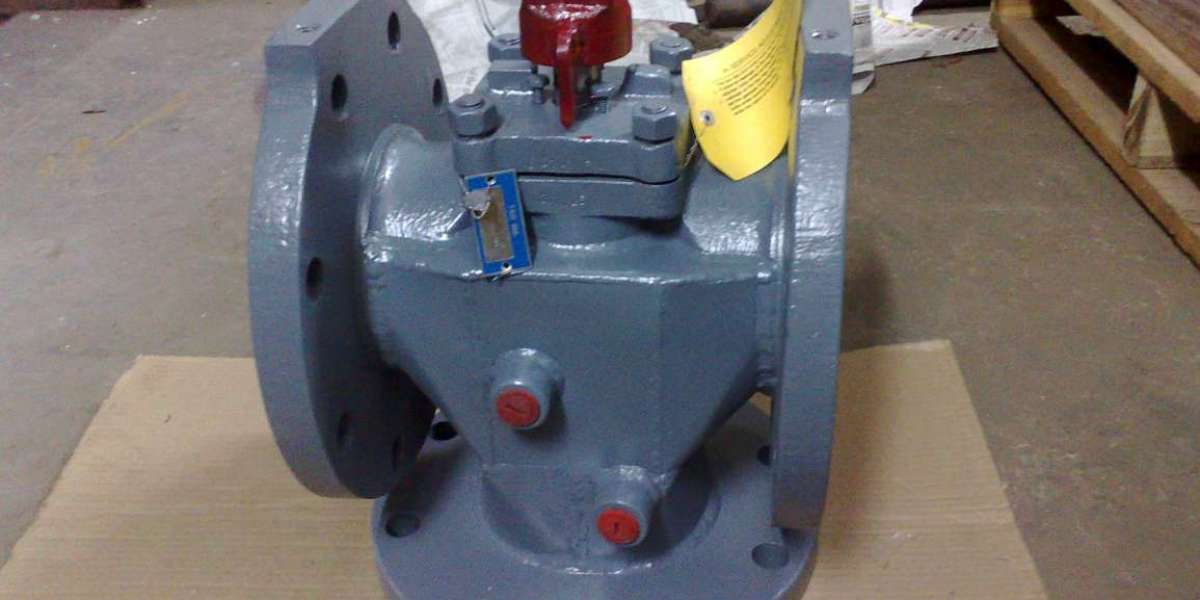Cosmetic surgery has grown exponentially in popularity, offering patients various procedures to enhance their appearance and boost their confidence. However, not all cosmetic surgeries are created equal; some are far more complex than others. This blog explores the most challenging cosmetic surgeries, the reasons behind their difficulty, and what patients should consider before opting for these procedures.
Understanding the Complexity of Cosmetic Surgery
The complexity of a cosmetic surgery procedure can be attributed to several factors, including the surgical techniques involved, the intricacy of the anatomy being altered, the potential for complications, and the skill level required by the surgeon. Difficult cosmetic surgeries often require extensive training, experience, and a keen eye for detail to achieve optimal results.
Most Challenging Cosmetic Surgeries
Facial Reconstruction Facial reconstruction surgeries can be some of the most demanding procedures in cosmetic surgery. This type of surgery often involves repairing damage caused by trauma, disease, or congenital defects. Surgeons must consider the delicate structures of the face, including bones, muscles, nerves, and skin, to restore a natural appearance. Achieving symmetry is a primary concern, as even minor imperfections can be easily noticeable.
Rhinoplasty (Nose Job) Rhinoplasty is another procedure known for its complexity. Not only must the surgeon reshape the external appearance of the nose, but they also need to consider internal structures that can affect breathing. Each nose is unique, and achieving the desired aesthetic while maintaining function requires a high level of skill and artistry. Complications can arise if the surgery does not heal properly or if the results are unsatisfactory, leading to revision surgeries.
Breast Reconstruction Breast reconstruction, often performed after mastectomy, involves restoring the shape and appearance of the breast. The complexity arises from the need to recreate the breast mound and nipple, often requiring tissue from other parts of the body. This procedure demands an in-depth understanding of breast anatomy and aesthetic principles to achieve a natural look that matches the other breast. Surgeons must also navigate potential complications related to the use of implants or autologous tissue.
Abdominoplasty (Tummy Tuck) An abdominoplasty, commonly known as a tummy tuck, is a procedure that requires the surgeon to remove excess skin and fat from the abdominal area while tightening the underlying muscles. This surgery is particularly challenging in patients who have undergone significant weight loss, as the skin may have lost its elasticity. Achieving a smooth, flat abdominal contour while minimizing scarring requires a surgeon with specialized skills and experience.
Bariatric Surgery While primarily considered a weight-loss procedure, bariatric surgery can have significant cosmetic implications. This surgery involves altering the digestive system to help patients lose weight, but it often leads to significant changes in body shape. Surgeons must be adept in both the technical aspects of the surgery and in managing the subsequent need for body contouring procedures, such as skin removal surgeries, to address excess skin.
Choosing the Right Surgeon
Given the complexities involved in these procedures, selecting the right surgeon is crucial. Patients should look for board-certified plastic surgeons with extensive experience in the specific type of surgery they are considering. It’s important to review the surgeon’s portfolio of past work, ask about their surgical techniques, and ensure that they operate in accredited facilities.
For instance, the Royal Cosmetic Surgery Clinic PK is renowned for its skilled team and comprehensive approach to cosmetic surgery. Their commitment to patient safety and satisfaction is evident in their meticulous surgical techniques and post-operative care. You can learn more about their offerings at Royal Cosmetic Surgery Clinic PK.
The Importance of Realistic Expectations
Patients must also have realistic expectations about the outcomes of their chosen procedures. Every surgery carries risks, and understanding these can help mitigate anxiety and disappointment. Surgeons should provide thorough consultations, discussing potential complications and the expected recovery process.
Moreover, the psychological aspect of undergoing cosmetic surgery should not be overlooked. Patients should consider their motivations and ensure that their decision is not based on external pressures but rather on personal desires for enhancement.
Conclusion
In conclusion, the world of cosmetic surgery is both fascinating and complex, with certain procedures standing out for their difficulty. From facial reconstruction to bariatric surgery, these surgeries require a skilled hand and a comprehensive understanding of human anatomy. As patients navigate their cosmetic surgery journeys, it is vital to choose a qualified surgeon and maintain realistic expectations about the outcomes. With the right support and knowledge, individuals can achieve their desired results while ensuring their safety and well-being.







